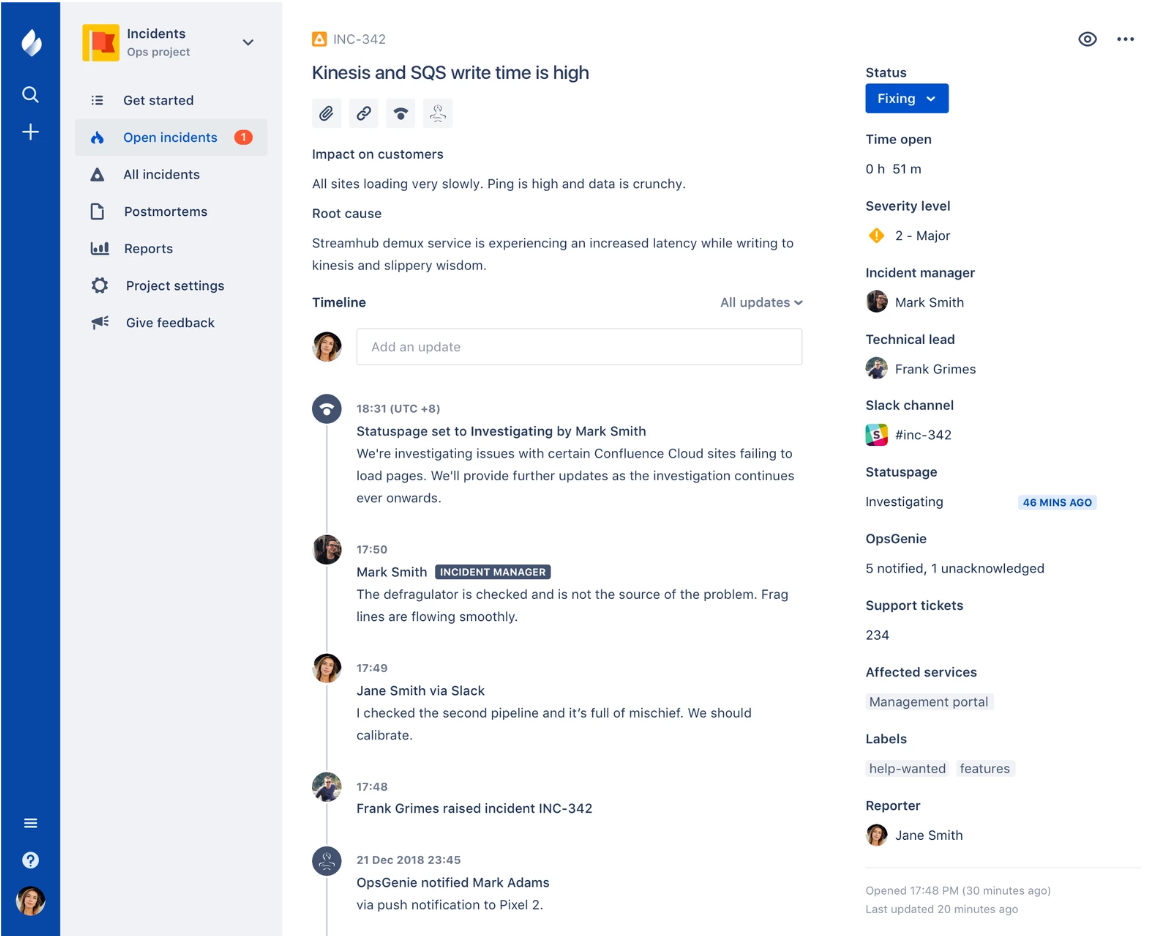Berlin based Internet of Things (IoT) startup relayr, whose middleware platform is geared towards helping industrial companies unlock data insights from their existing machinery and production line kit by linking Internet connected sensors and edge devices to platform controls, has been acquired by insurance group Munich Re in a deal which values the company at $300 million.
relayr was founded back in 2013 with the initial aim of helping software developers hack around with hardware, at a time when developer interest in IoT was just taking off.
The startup went on to pass through startupbootcamp and crowdfunded a cute looking chocolate-bar shaped hardware starter kit before expanding into building a hardware agnostic cloud services platform to act as a central hub for data flows. relayr then further honed its focus to the needs of industrial IoT, and its platform — which is now used by around 130 businesses — offers end-to-end middleware combined with device management and IoT analytics, and can operate in the cloud, on-premise or a hybrid of both depending on customers needs.
We first covered the Berlin-based startup back in 2014 when it closed a $2.3M seed round. It’s raised $66.8M in total, according to Crunchbase, which includes a $30M Series C round in February led by Deutsche Telekom Capital Partners.
relayr did not disclose the investors in its 2014 seed at the time, saying only that they were unnamed U.S. and Switzerland-based investors. But Kleiner Perkins and Munich Re (via its HSB subsidiary which is acquiring relayr now) were named as investors in later rounds, along with Deutsche Telekom .
Insurance giants and telcos have a clear strategic interest in IoT — with the technology promising to drive network usage and utility on the telco side, and offering transformative potential for the insurance industry as data streams can be used to monitor equipment performance and predict (and even steer off) costly failures.
Munich Re said today that its HSB subsidiary is acquiring 100% of relayr in a deal that values the business at $300M. (It’s not clear if it’s all cash or a mix of cash and stock — we’ve asked). It says the deal will help it “shape opportunities in the fast-growing IoT market”, and is envisaging a joint business model with the combined pair developing not just tech solutions for clients but risk management, data analysis and financial instruments.
“IoT is already significantly changing our world and has the potential to disrupt the traditional insurance and reinsurance industry through new business models, services and competitors,” said Torsten Jeworrek, member of Munich Re’s board of management in a statement. “I am truly happy to announce this acquisition, as it supports our strategy to combine our knowledge of risk, data analysis skills and financial strength with the technological expertise of relayr. This is our basis to develop new ideas for tomorrow’s commercial and industrial worlds.”
“We are delighted to strengthen our relationship with Munich Re/HSB to push digitalization in commercial and industrial markets and strive for our mission to help commercial and industrial businesses stay relevant,” added relayr CEO, Josef Brunner. “The unique combination of the companies demonstrates the importance to deliver business outcomes to customers and the need to combine first-class technology and its delivery with powerful financial and insurance offerings. This transaction is a great opportunity to build a global category leader.”
The pair have been partnered since 2016, when the insurance firm invested in relayr’s Series B, but say they see the acquisition strengthening Munich Re’s financial and insurance offerings while also offering a route to expand relayr’s middleware business via leveraging the insurance group’s large client base.
“Back in 2016, HSB invested in relayr in an effort to harness the strategically significant business potential offered by IoT. relayr’s end-to-end IoT solutions for the industrial and commercial sectors are an ideal addition to our Group’s capabilities,” said Greg Barats, president and CEO of HSB, and the person responsible for Munich Re’s IoT strategy, in another supporting statement. “HSB has always focused on insurance and technology… relayr will help us to rapidly implement our global strategy to develop new IoT solutions for our clients. Digital transformation in the industrial and commercial sectors offers opportunities for new services and financial applications.”
relayr says it already offers industrial companies which are seeking to digitalise their businesses a “comprehensive range of services” — such as being able to extract and analyse data from machines and equipment to determine when a machine is likely to fail (and it touts cutting costs, increased energy efficiency and product quality improvement as among the benefits its platform offers) — but says the acquisition will allow it to develop its “innovative value stack”, by enabling new revenue models, cost reduction, and “increased effectiveness across industries”.
It also sees benefit in sitting under the established Munich Re umbrella — as a way to convince customers it will be a long-term business partner. It adds that it will continue to maintain its current focus on IoT for the industrial sector.



